No products in the cart.
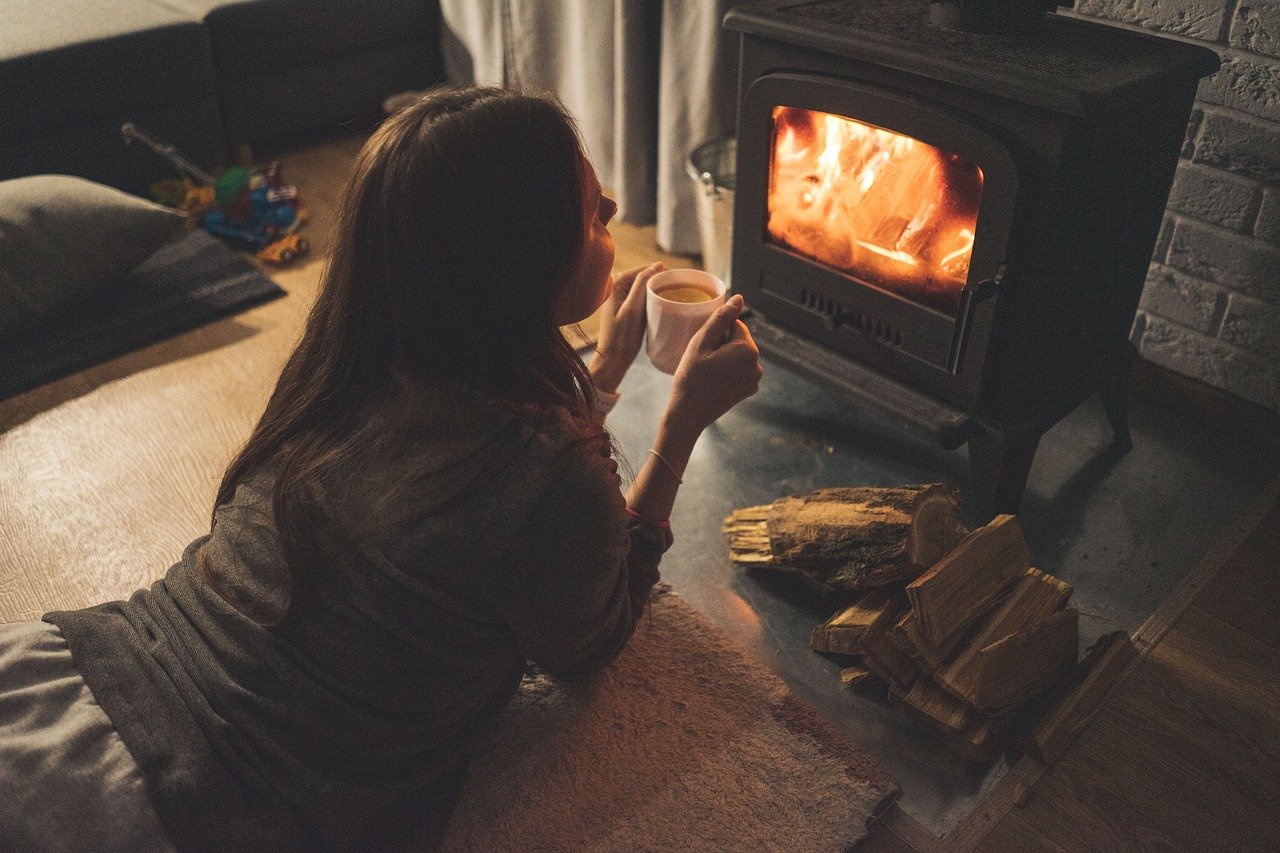
10 Tips to Save on Holiday in Switzerland

Switzerland...Schweiz. Suisse. Svizzera. La Svizra.
Did you know the last one? It’s Romansh – the 4th officially recognized language of Switzerland. Sadly, it’s dying out and (controversially) these days English is edging in as the 4th. Whichever language you choose, you’ll find it packed with breathtaking landscapes, world-class mountain sports, and charming cities, but it also has a reputation for being pretty pricey. Although in recent years with post-COVID inflation and sticky prices, US travelers might not be in for as much sticker shock.
But more importantly, with some clever strategies, you can enjoy a memorable Swiss holiday without overspending. Here are 10 ways to save money on your trip:
1. Travel with a Swiss Travel Pass
Purchasing a Swiss Travel Pass provides unlimited travel on trains, buses, and boats for a set period. It also includes free or discounted entry to many museums and attractions, making it an excellent value for tourists exploring multiple cities. Read some of Rick Steeve’s Swiss transportation tips here.

2. Use Public Transportation Instead of Uber or Taxis
Switzerland’s public transportation system is incredibly efficient and well-connected. Taxis and apps like Uber, which is available in CH, can be pricey especially if there is traffic on your route. Instead, do like the locals do and opt for trains, trams, ferries, and buses whenever possible. Download the SBB Mobile App before you go and finding your connections is a breeze. Many cities also offer free or affordable bike rentals depending on your travel season.
3. Stay in Budget Accommodations
Instead of high-end hotels, consider hostels, Airbnb rentals, or budget-friendly hotels. Look for accommodations that offer Breakfast Included or Halbpension (Half-Board) to save on meals. For the younger set, youth hostels, like those in the Swiss Youth Hostels network, provide affordable lodging with great amenities.
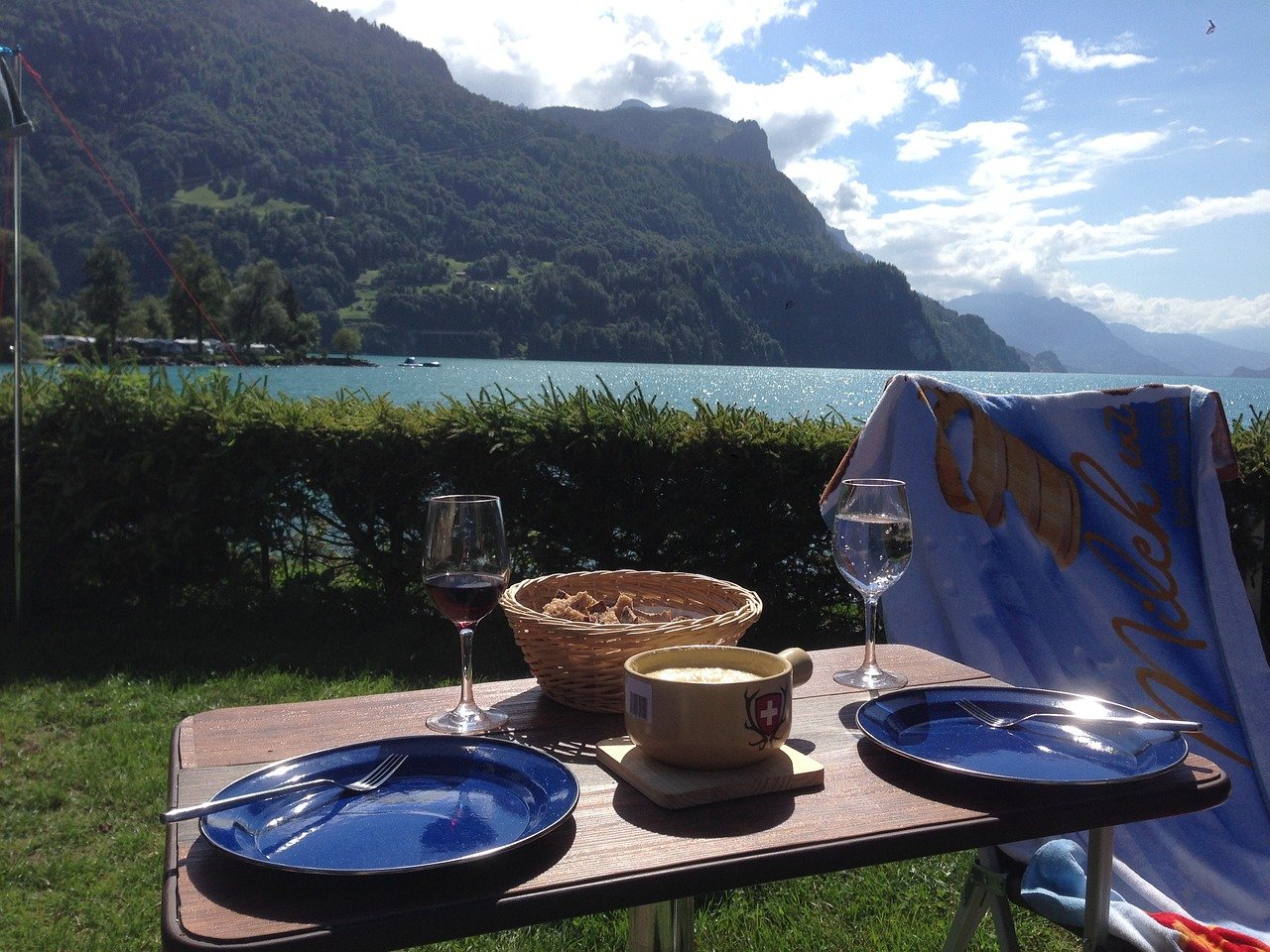
4. Dine Smart – shop at markets and Bakeries
Dining out in Switzerland can be pricey, so take advantage of corner shops and nationwide supermarkets like Migros, Coop, and Aldi for affordable meal options. Even supplementing a few meals a day can make a big difference. Bakeries (including at the markets) offer delicious, budget-friendly breads, sandwiches, and pastries. Think fresh baguettes, dense hearty ryes, or the Swiss specialties like Zopf (the buttery braid) or the ultimate white bread -The unique Ticino loaf (from the Italian region) with 8 sections you”re meant to break off by hand. Read more about the best Swiss breads here. Many supermarkets also have reasonably priced hot meals like rotisserie chicken or salads and sandwiches to go that make a great picnic.
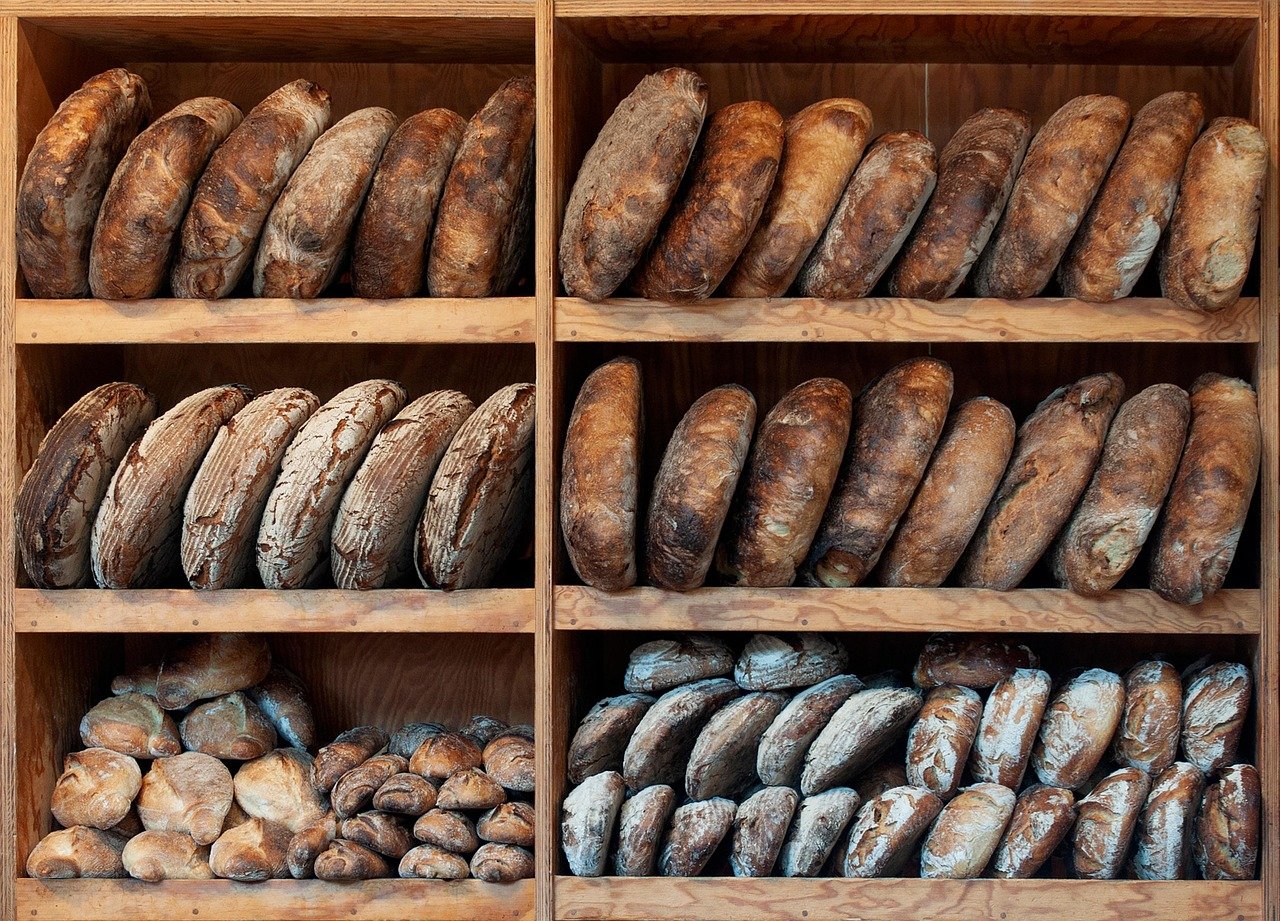
5. Take Advantage of Free Activities
Switzerland has plenty of free attractions and outdoor activities, including hiking, swimming, scenic walks, and exploring historic old towns. Many museums offer free entry on specific days, so check their schedules in advance. Outdoorsy adventures await you in any season – pack a picnic, gear and a map and head out into nature and let the beauty recharge you.

6. Buy Snacks and Drinks at Grocery Stores
While you’re at the market, think like a scout and secure your provisions. This way, instead of needing to buying water or snacks at tourist spots (where prices are higher), you’ll already have packed your essentials. Just requires a bit of foresight. And is a delicate balance of what you’ll need vs. how much you want to carry around. Again, Coop, Migros, Aldi, and Denner are the main chain stores throughout Switzerland. There’s also a chain of Kiosks (a bit like a tiny 7/11) but their prices are a bit higher than you’d really llike!
A reusable water bottle is a great way to avoid paying for bottled water. And for the most part Swiss tap water is delicious, safe and freely supplied in public fountains all over the country. Which does deserve a pause to reflect on how remarkably efficent and egalitarian and remarkable Switzerland really is. Just be sure to look out for notices saying: Kein Trinkwasser | Eau Non Potable | Acqua Non Potabile which means Non Drinkable Water. This is sometimes the case because even though the water is safe they haven’t had it tested, some anomonly, or it is in fact not safe. Either way, you probably don’t want to find out! If you see these signs, steer clear and find another source.
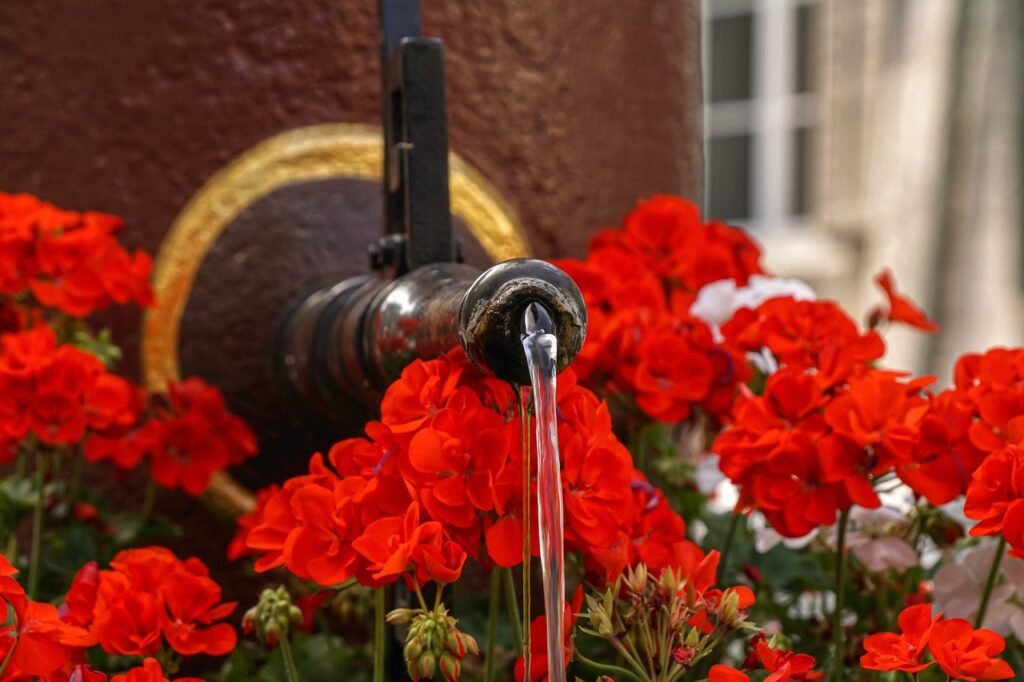
7. Travel During the Off-Peak Season
With “Revenge Travel” boosting post-COVID numbers, the more flexible you can be with your dates, the better. Visiting Switzerland during the shoulder seasons (spring and fall) can dramatically lower costs on flights, accommodations, and activities. Ski resorts are more expensive in winter, while summer is peak tourist season, so planning your trip during off-peak months can save you money front to back.

8. Consider Regional Travel Passes
If you’re staying in one specific region, a regional pass (such as the Tell-Pass for Lucerne or the Jungfrau Travel Pass) can be cheaper than a full Swiss Travel Pass while still offering extensive transportation discounts.
9. Book Activities and Tickets in Advance
Many attractions offer discounts for early booking. Whether it’s cable car rides, ski passes, or city tours, purchasing tickets online in advance often results in lower prices compared to last-minute purchases.
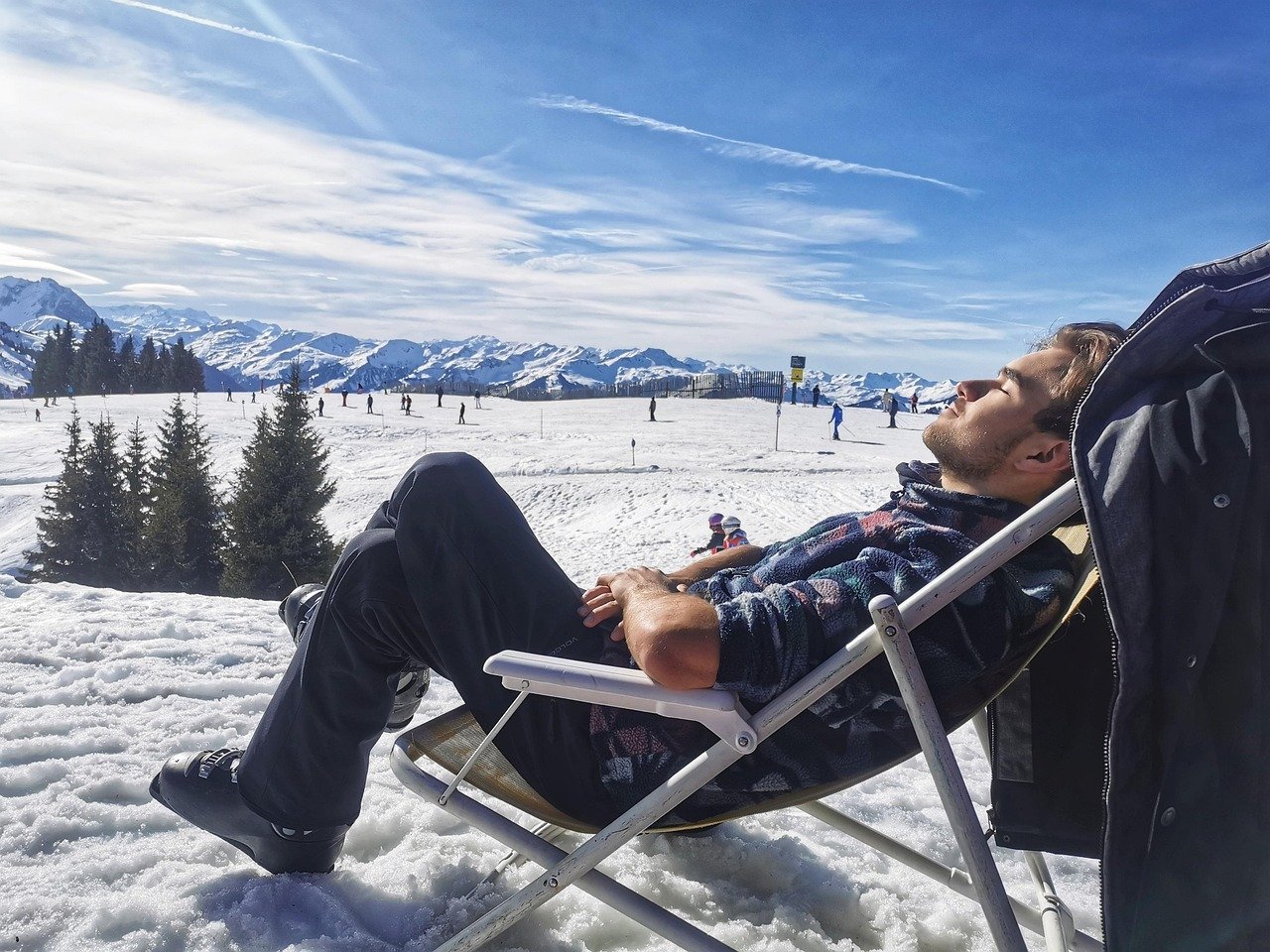
10. Stay in Accommodations with a Kitchen
Renting an apartment or staying in a hostel with a kitchen allows you to prepare your own meals, which can save you a significant amount compared to eating out for every meal. Another bonus is that it usually offers a bit more space than a traditional hotel giving you and your family more elbow room for family time lounging and relaxing.

Final Thoughts
Switzerland may be an expensive destination, but with some careful planning and smart spending choices, you can experience its stunning landscapes, delicious food, and unique culture without breaking the bank. By following these tips, you can make the most of your Swiss adventure while staying within budget!
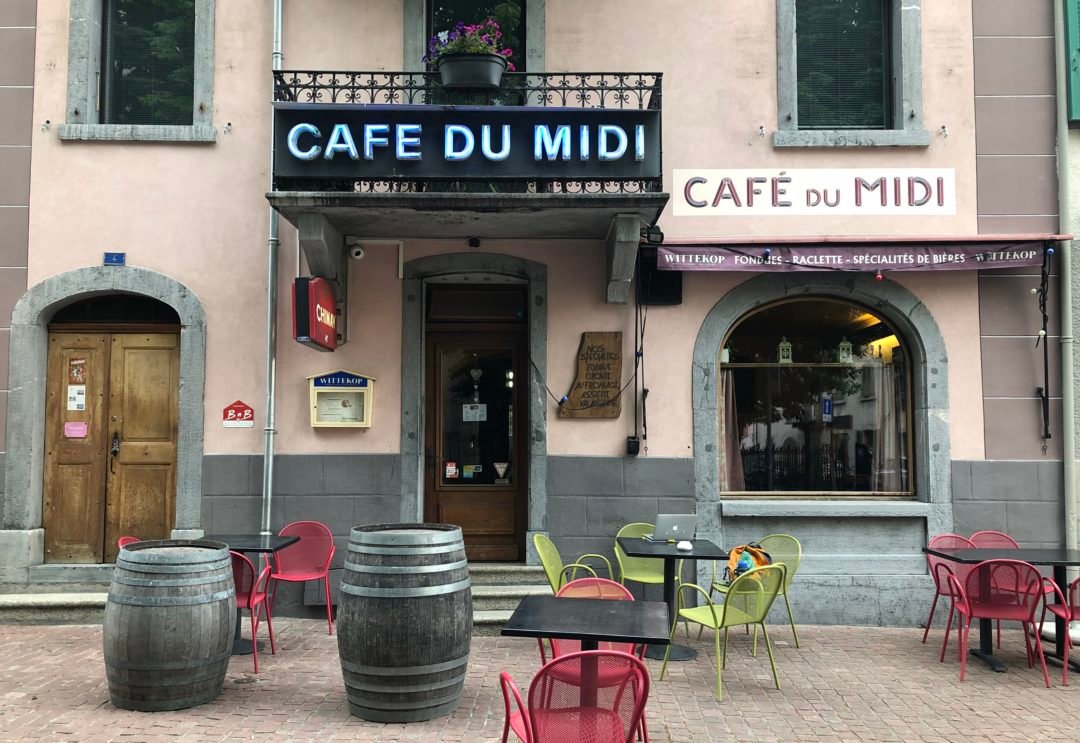
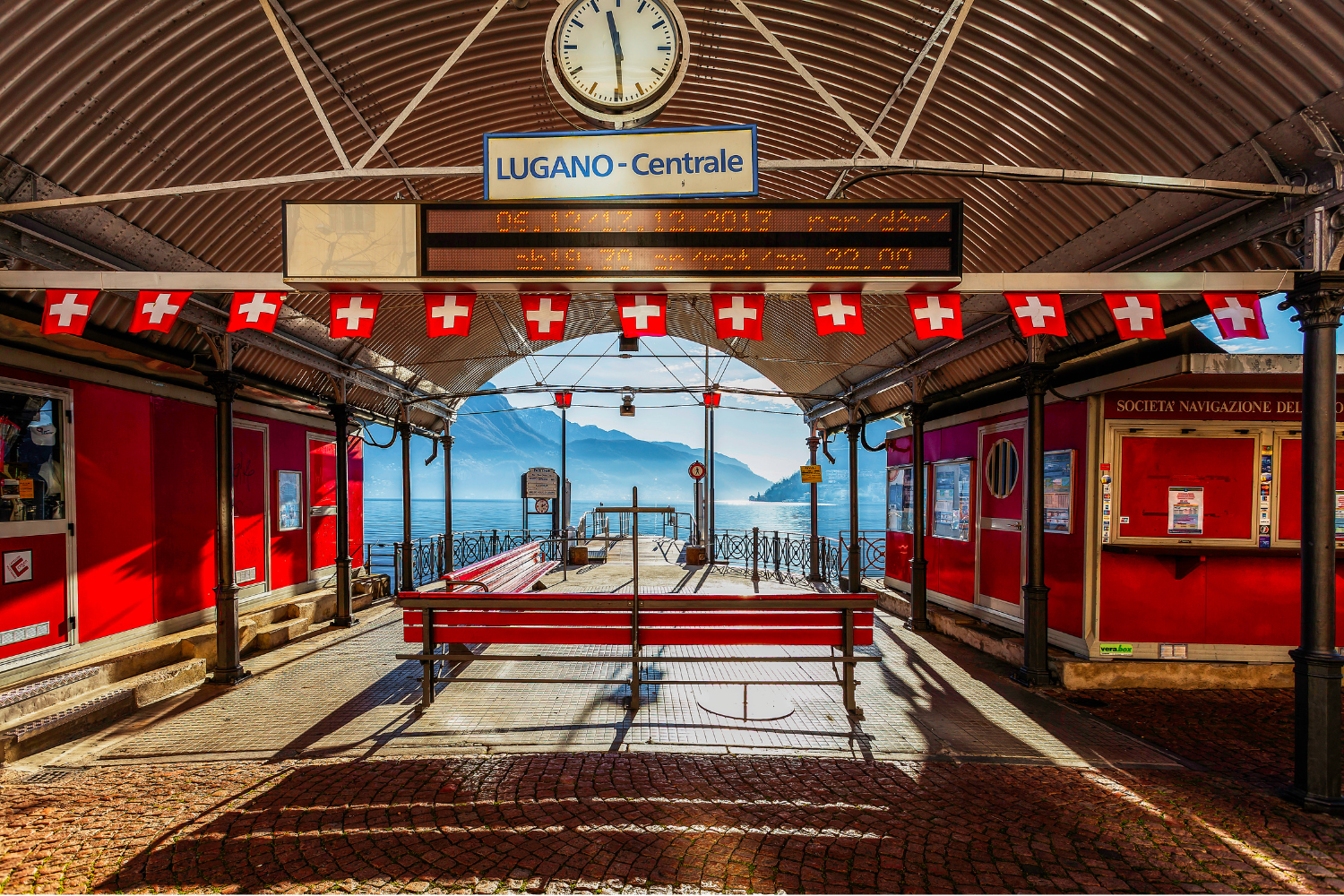
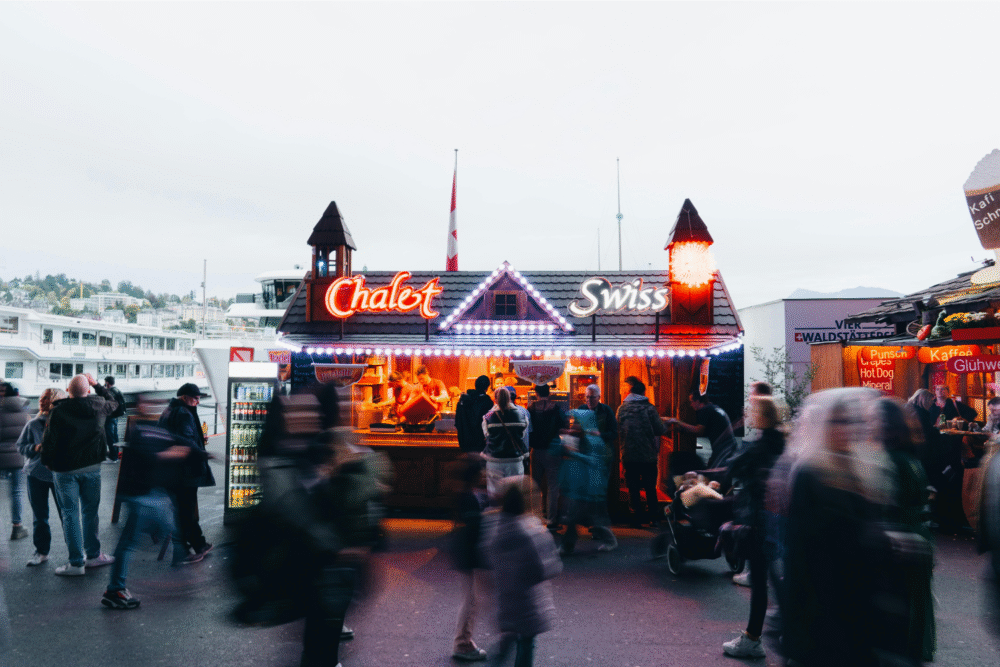
Leave a Reply